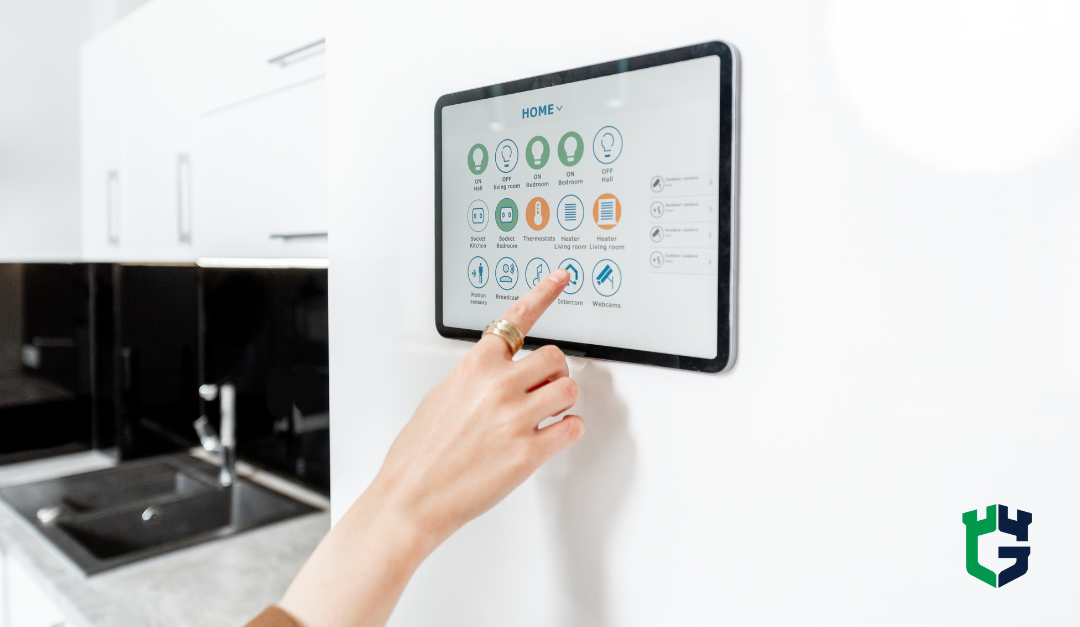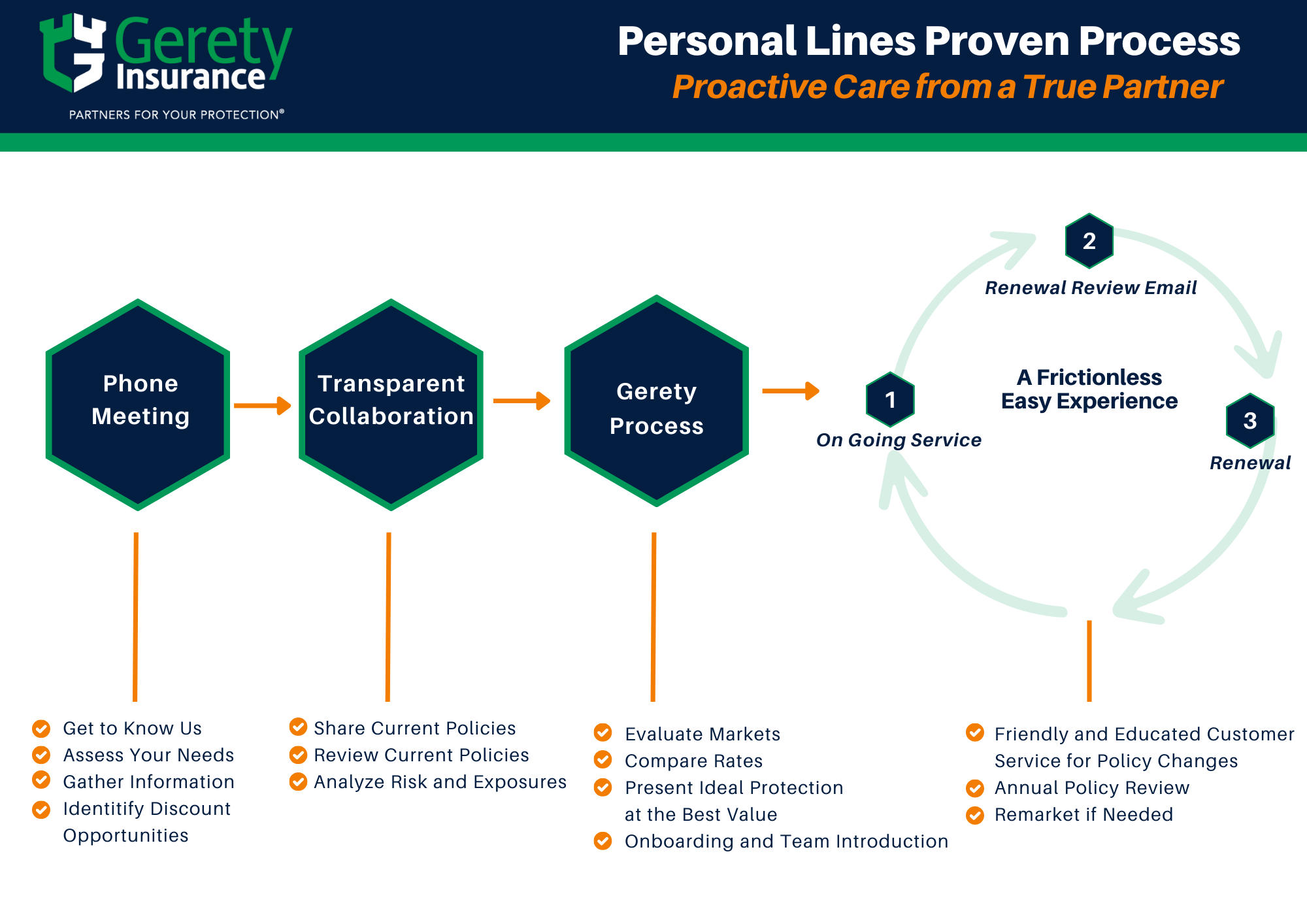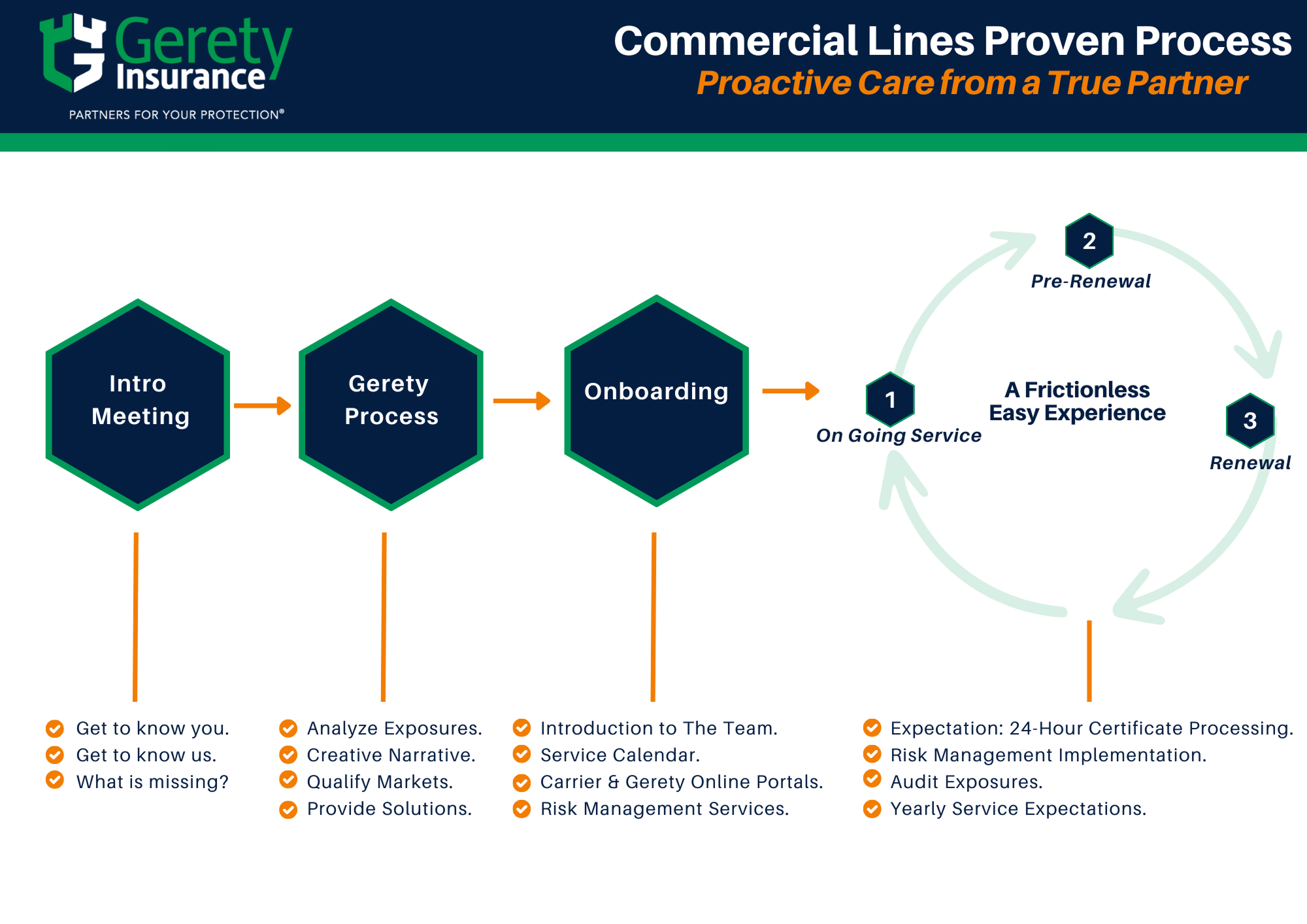Smart home technology is revolutionizing the way we manage our homes, offering unprecedented convenience and enhanced security. Beyond the ease and peace of mind, smart technology can also lead to significant savings through smart home insurance discounts.
From smart thermostats and automated lighting to voice-activated assistants and video doorbells, these devices allow homeowners to automate tasks and monitor their homes from anywhere. However, as smart technology adoption grows, it raises important questions about how these innovations impact data privacy.
In this blog, we’ll explore the financial benefits of smart home technology, particularly how it can reduce your smart home insurance costs, while providing tips on maintaining your privacy, so you can enjoy the benefits without the worry.
What is a Smart Home?
A smart home is equipped with internet-connected devices that allow for remote control and automation of systems such as lighting, security, climate, appliances, and even water sensors.
These devices are part of the Internet of Things (IoT) and are designed to enhance everyday life. By integrating these technologies, homeowners can simplify tasks, improve energy efficiency, and boost home security—all while having access to real-time data and control via their smartphone or tablet.
But how is IoT used in insurance?
Smart Home Insurance Discounts
The intersection of insurance and IoT is your wallet! An unexpected benefit of smart home technology is the potential to reduce your smart home insurance premiums.
Insurance companies recognize that smart devices can minimize risks such as theft, fire, and water damage. By lowering the likelihood of an insurance claim, these devices can save insurers money—and they pass some of those savings on to you.
Smart home insurance discounts, in turn, act as an incentive for homeowners to invest in these technologies.
Does Having a Home Security System Reduce Homeowners’ Insurance?
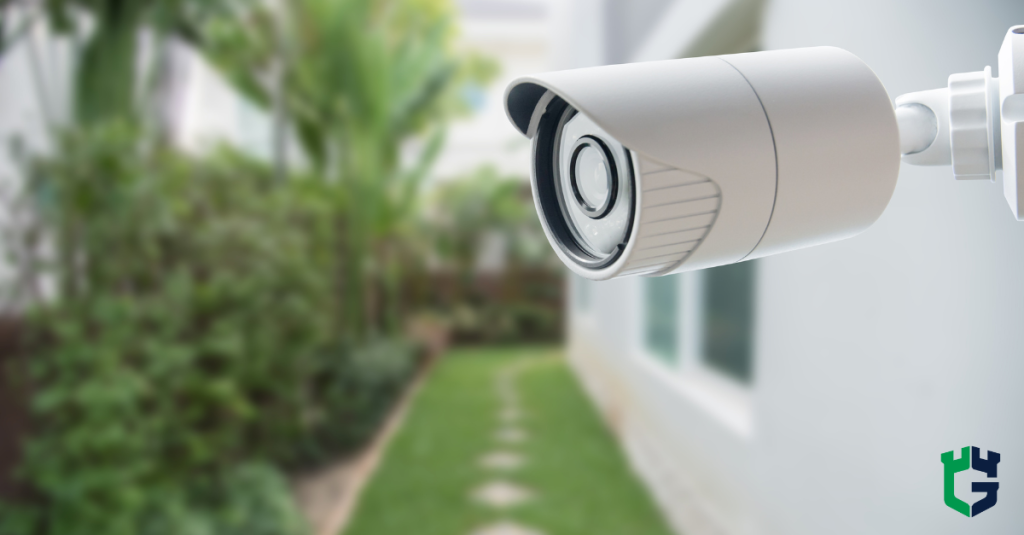
Yes, having a home security system can reduce your smart home insurance costs. Insurance companies view home security systems as a deterrent to burglary and vandalism.
Homes with security systems are less likely to be targeted by criminals, and if a break-in does occur, the system can alert authorities quickly, minimizing damage and loss.
Many insurance providers offer smart home insurance discounts for homeowners who have a professionally monitored security system.
Will Security Cameras Lower Home Insurance Costs?
Security cameras are another smart home feature that can lead to lower insurance premiums. Like home security systems, security cameras help deter crime and provide valuable evidence in the event of theft or vandalism.
Insurance companies may offer smart home insurance discounts if you have security cameras installed around your property, especially if they are part of a comprehensive security system that includes alarms and monitoring services.
What Data is Collected and Why
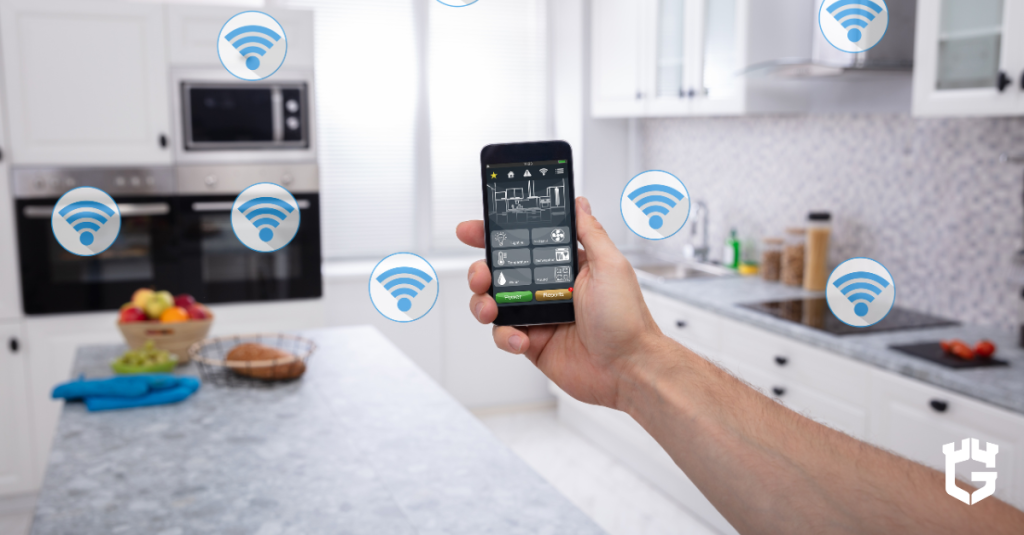
Smart home devices collect data to improve performance and personalization, and most reputable companies prioritize your privacy and take extensive measures to protect your information.
Data collected by smart thermostats, security systems, or other devices typically involves optimizing your experience—learning your schedule, preferences, and needs to provide better service.
The good news is that as long as you follow best practices for securing your devices and home network, the privacy risks are minimal. Many companies also offer transparency in their data privacy policies, giving you control over how your data is used.
Potential Risks of Smart Home Data Collection
While highly convenient and innovative, smart home technology carries certain risks, primarily related to data privacy and security. Since these devices are connected to the internet, they can be vulnerable to hacking or unauthorized access if not properly secured.
Cybercriminals could potentially exploit weak passwords, outdated software, or unsecured networks to gain control of devices or access personal data.
Additionally, the vast amount of data collected by smart home devices—such as usage patterns, personal preferences, and security footage—could be exposed in the event of a data breach. However, these risks can be significantly minimized with strong security measures like robust passwords, encryption, two-factor authentication, and regular software updates.
Data Privacy Policies and Third-Party Sharing
Another consideration is how the companies that manufacture smart home devices handle your data. Many companies have privacy policies that outline how they collect, use, and share your information.
It’s essential to read these policies carefully to understand what data is being collected and whether it’s shared with third parties. In some cases, manufacturers may share your data with third-party companies for marketing or research purposes.
Keeping Your Data Secure: Best Practices for Smart Home Privacy

Managing the privacy of your smart home is easier than you might think. By following a few simple steps, you can enjoy the benefits of smart technology while keeping your data safe:
1. Choose Trusted Brands
Opt for well-established brands with a reputation for secure products and customer privacy. These companies often have the most robust security protocols in place.
2. Read Privacy Policies
Before purchasing or installing a new device, take the time to review its privacy policy. This will give you insight into how your data is collected, stored, and used.
3. Secure Your Home Network
Protecting your Wi-Fi network is one of the most important steps in securing your smart home. Use strong passwords, enable encryption, and update your router’s firmware regularly to reduce the risk of hacking.
4. Control Data Sharing
Many devices allow you to adjust settings to limit data collection. You can opt out of certain data-sharing agreements and choose only to share the information necessary for the device’s functionality.
5. Stay Updated
Ensure your devices are running the latest software to benefit from the most recent security patches and updates.
By taking these precautions, you can reduce the likelihood of a data breach and keep your personal information secure without sacrificing the benefits of smart home insurance discounts.
Finding the Right Balance: Enjoy Savings Without Sacrificing Security
With smart home insurance discounts available and the added convenience of automation, the advantages of smart home technology are clear. While it’s important to be mindful of privacy, the reality is that most risks can be managed with the right strategies.
By selecting secure products, staying informed about privacy policies, and taking simple steps to protect your home network, you can enjoy lower insurance premiums and peace of mind.
Wrapping Things Up…
Smart home technology presents a win-win for homeowners—enhanced convenience, improved security, and lower smart home insurance premiums.
To discuss how smart home technology integration can benefit you, contact Gerety Insurance today. We’re here to help you protect your home and provide peace of mind with personalized insurance solutions.

